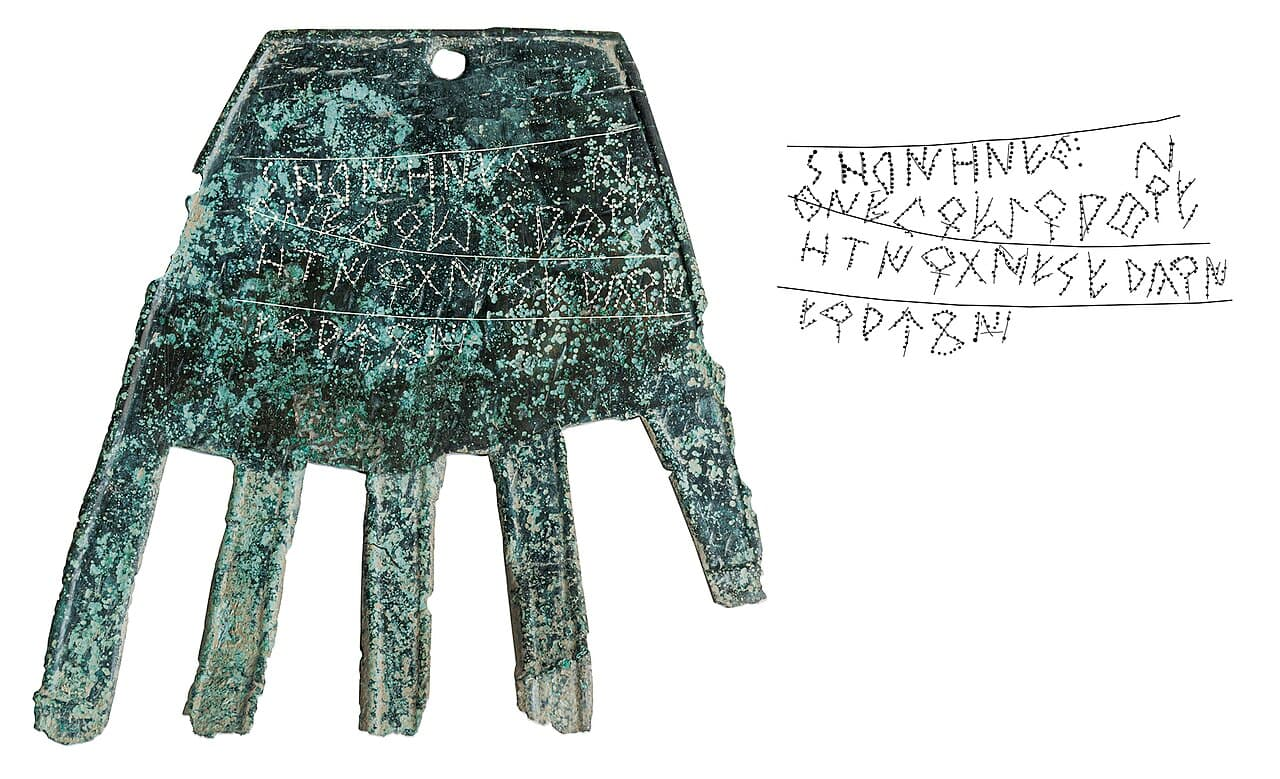Plato's Academy, founded in 387 BC, is undoubtedly one of the most significant landmarks in the history of philosophy and education. The story of this school, however, is directly tied to its location and the legend of the hero Academus, after whom it was named.
The Legend of Academus
The area where Plato founded his Academy was known since ancient times as a place of worship and devotion to the mythical hero Academus. Academus was a hero of Athenian mythology, associated with an important event in the city's history. According to legend, when King Theseus abducted Helen of Sparta, her brothers, the Dioscuri, besieged Athens to free her. It was Academus who revealed to the Dioscuri that Helen had been hidden in the region of Attica, thus preventing the potential destruction of the city. For this act, he was honored by the Athenians, and the area where he lived took his name.
The land surrounding the gymnasium that later became the Academy was already dedicated to Academus, containing temples and olive groves, linking natural beauty with intellectual and academic development. Thus, the name of Plato's Academy is a reference to this ancient hero, blending tradition with the new intellectual movement initiated by Plato.
The Founding of the Academy by Plato
Plato, deeply influenced by his experience with Socrates and his philosophical pursuits, sought a space where he could establish a school of philosophy. In his vision of education and the quest for truth, he found the ideal spot in the gymnasium of Academus, an area located just outside the walls of Athens. In this space, Plato created a garden of philosophical inquiry, which soon developed into one of the most important schools in ancient Greek, and later, world history.
Plato's Academy was not a simple school of learning. It aimed at cultivating the soul, morality, and reason. Plato, as a teacher, did not merely give lectures. Instead, he encouraged discussion, dialectic, and the search for truth through questioning and reflection. This method led to the development of philosophy as a living, creative process rather than merely the memorization of knowledge.
Athens Plato Academy Archaeological Site, Author Tomisti
The Importance of the Academy
Plato's Academy laid the foundation for the development of many fields of knowledge. At the Academy, students did not only engage with philosophy but also with mathematics, physics, politics, and rhetoric. Among Plato's most famous students was Aristotle, who himself made significant contributions to philosophy and science.
The influence of Plato's Academy extends to the present day. The word "academy" is used globally to describe higher educational and research institutions, and the term "academic" is associated with learning, knowledge, and intellectual pursuit.
Plato's Academy was not just a school of philosophy. It was a symbol of the eternal quest for truth and wisdom, embedded in a place already associated with an ancient hero, Academus. Through his work, Plato gave new life to this area and created a space that would forever define the way we understand knowledge and philosophical inquiry.








